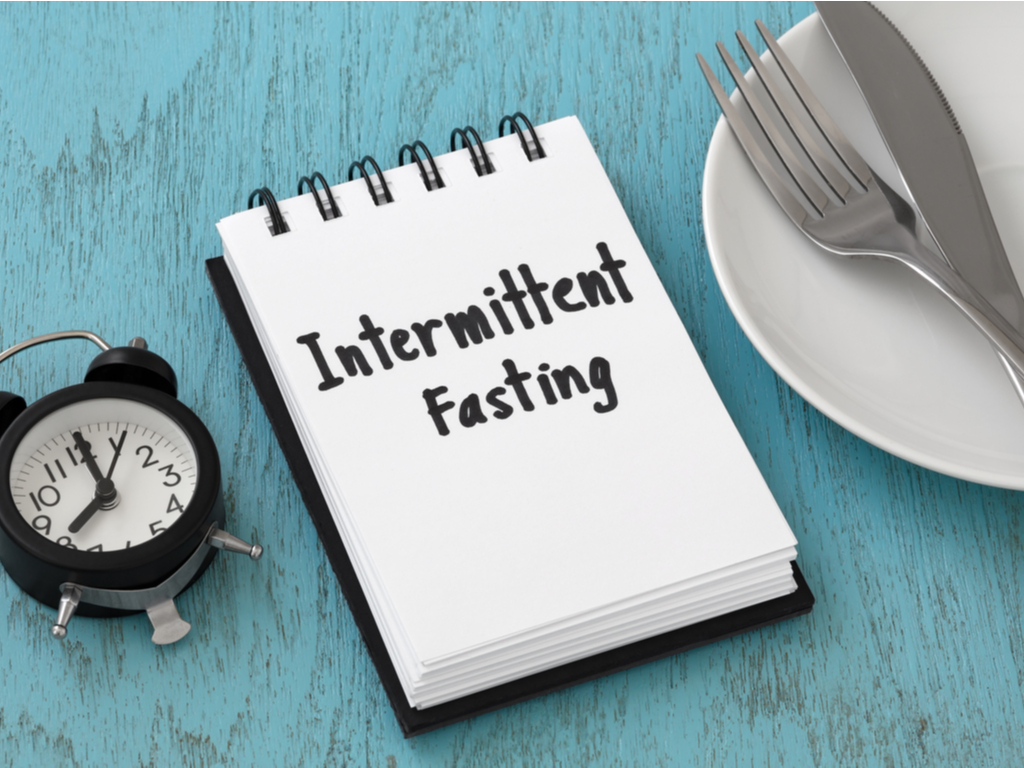Intermittent fasting is a style of eating where you limit your meals to a certain part of the day. Each time you eat, your body uses the calories for fuel or stores them as fat. Skipping a meal or meals forces your body to find other sources of fuel, typically in the form of stored glucose and fat. This can help you slim down, but it causes some other pretty important changes to occur, particularly in the immune system. It all starts with a process called autophagy.
Autophagy
Autophagy is a natural process the body uses to break down old, damaged or diseased cells. It then replaces them with healthy new cells. When you fast, the autophagy process is activated, and white blood cells are broken down along with other cells, triggering changes in the immune system. This essentially regenerates immune system cells, and research shows that it lowers the levels of hormones linked to aging, cancer risk, and tumor progression.
Fasting triggers changes in other immune cells, too, including T cells and B cells. These cells act as an early warning system against pathogens. Their job is to recognize dangers from previous illnesses and destroy them before they can get a foothold. When you fast, T and B cells take refuge in the bone marrow so that they aren’t swept up by the body’s natural cleansing process.
They instead huddle into the nutrient-rich marrow and become stronger and healthier. Then, when the fast is broken, they are released back into the bloodstream ready to do battle with any pathogens they find. In a mouse study, well-fed mice required about a week to fight off pathogens. Fasting mice were able to destroy infections in just two days!
Supercharge and Reset Your Immune System with Intermittent Fasting
Fasting has one more trick up its sleeve when it comes to supercharging the immune system. You probably already know that fasting combats inflammation. The white blood cells that fight infection and pathogens, also known as monocytes, are the ones that trigger inflammation. During fasting, the body releases fewer monocytes into the bloodstream, which lowers inflammation levels while the autophagy process cleans out the old, damaged ones.
While modern humans eat three meals and a snack or two a day, ancient humans likely only ate when they found food. This meant that our ancestors may have gone many hours and even a day or more at a time between meals. Our bodies have naturally adapted to operate optimally while fasting, and too much food can cause our systems to slow down and become sluggish and inflamed. If you want to supercharge your body and renew your immune system, intermittent fasting is a great way to do it.




